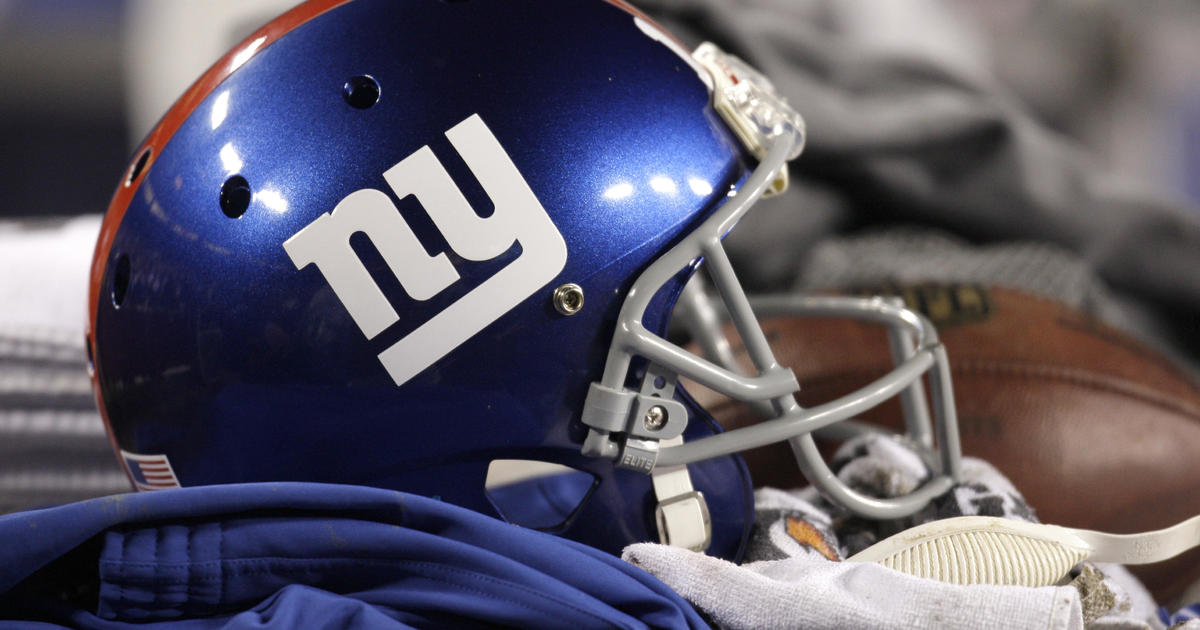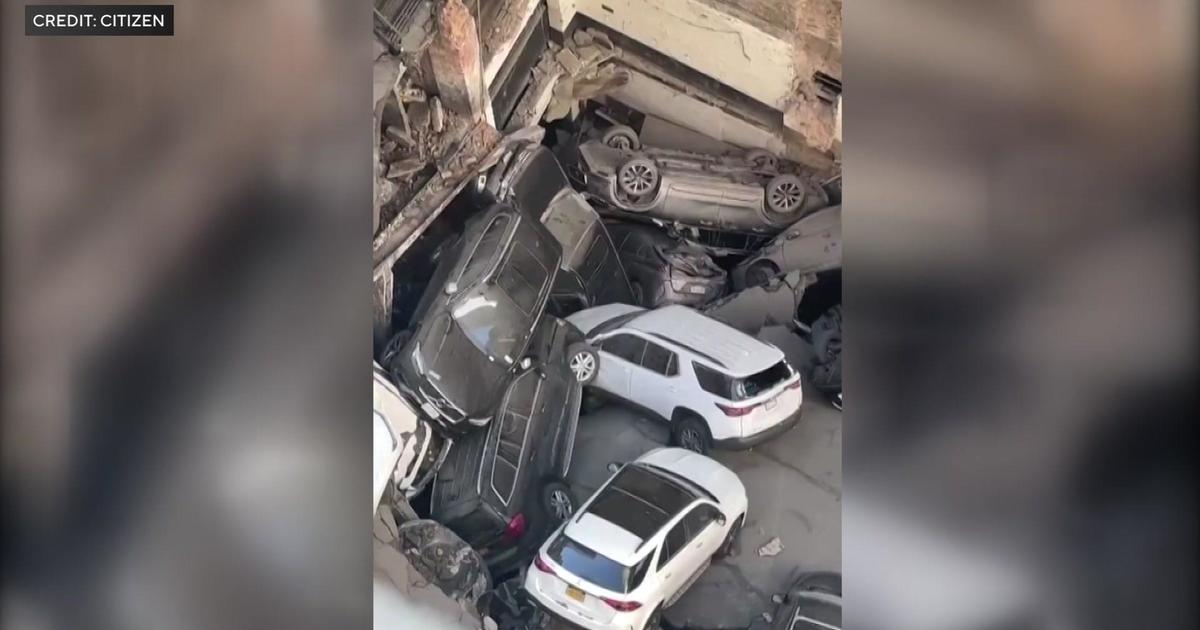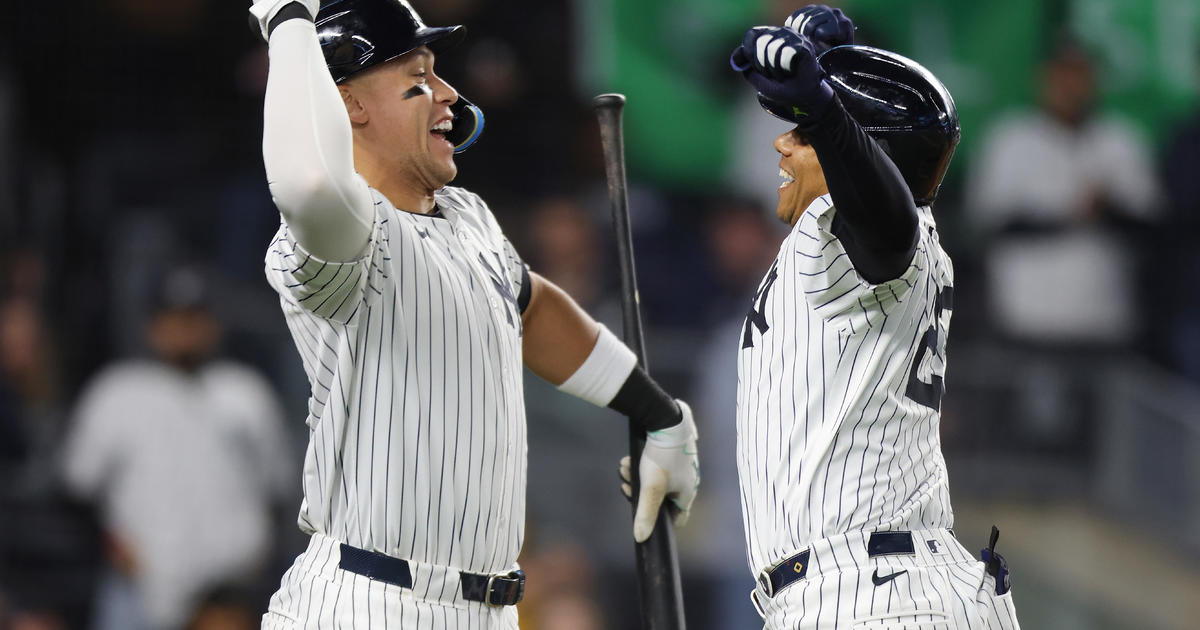NFL Concussion Committee Against 'Official' Helmet
NEW YORK (AP) — Commissioner Roger Goodell was planning to briefly stop by the hotel where the NFL's head, neck and spine medical committee met Wednesday to hear from equipment makers, researchers, the military and NASCAR about how to improve helmet safety and cut down on concussions.
Goodell wound up listening in for a few hours.
"There was a general view that the helmets have improved, but we all have to work harder to find how we're going to take it to the next evolution of those helmets — gathering all the data, gathering all the technology that's being developed," Goodell said. "There are some very positive developments, but there are different approaches, and that was clear."
He also spoke about the link between player safety and the league's push for an 18-game regular season during labor negotiations with the union, referring to possible changes to offseason workouts, training camp and even in-season practices, as well as the recent "focus on rules and taking those techniques we think are dangerous out of the game."
Indeed, as much as there might have been differing opinions presented Wednesday about the best ways to pursue new helmets, one point of agreement among concussion experts was that styles of play need to be changed.
"All the scientists said that if we can eliminate a lot of the helmet-to-helmet hits ... we can certainly lessen the risks of the severe injuries," said Richard Ellenbogen, chairman of the University of Washington medical school's department of neurological surgery and co-chair of the NFL head, neck and spine committee.
A member of the committee, University of North Carolina professor Kevin Guskiewicz, is optimistic that helmet design and materials will improve.
"But we stand a much better chance of minimizing concussion and eventually preventing concussion by behavior modification. We need to be focused on teaching young players, as well as collegiate and professional players, how to tackle appropriately, not leading with the head," Guskiewicz said. "Changing the culture at the professional level will be a challenge, but I think the NFL has done a good job over the past several months here to begin that process."
Goodell noted that some "team doctors mentioned to me that players in the past would have gone back in had it not been for our return-to-play guidelines" installed a year ago.
Among the topics discussed at Wednesday's meeting:
—should there be changes to the way helmets are tested in laboratories;
—when might sensors in helmets, mouthguards and/or earpieces be used for on-field testing among NFL players;
—should helmets be made for particular positions, so that a quarterback, for example, would wear equipment that is different from what a lineman wears;
—should different safety standards be applied for helmets used in youth football and the NFL.
Representatives of helmet makers were given about 15 minutes apiece to speak to the committee, touting their own advances in technology, offering insights into what might be coming in the future and offering suggestions for how the league could move forward on testing equipment.
In addition to the makers of helmets currently used in the league, the committee heard from Bert Straus, president of Protective Sports Equipment and developer of a soft-shell helmet with a flexible facemask that he said absorbs more energy on impact. The aim is to have that new helmet on the market next year and, eventually, in the NFL.
While players can wear any helmet that passes a safety standard, the league and Riddell — whose website notes it's the "Official Helmet of the NFL" — have had a licensing/sponsorship arrangement since 1990.
"Riddell is committed to providing the very best head protection to all players who wear its helmets. The National Football League has maintained Riddell as the official helmet of the NFL for more than 20 years, but that designation does not preclude or prohibit any player from choosing to wear the helmet of his choice," Riddell president Dan Arment said in an e-mail to The Associated Press. "Riddell is dedicated to researching and developing innovative technology that advances head protection across all levels of play."
Teams were eligible for price breaks from Riddell in the past, and only that brand's logo can appear on a helmet during a game. The NFL estimates that 75 percent of helmets used this season are made by Riddell, 23 percent are made by Schutt, 1 to 2 percent by Xenith, and a handful by Adams USA.
"There's always going to be a cloud of suspicion and doubt so long as we have a single entity that is being designated as official," Schutt CEO Robert Erb said.
Dr. Hunt Batjer of Northwestern University, a co-chair of the league committee, said his "preference would be that (the NFL) did not" have an official helmet, and Ellenbogen agreed, although he pointed out that decisions about that sort of thing are made "a few echelons above us."
"I think it's atrocious, but it was enacted with a different commissioner, and I don't know the financial implications, so I can't comment on that," said Dr. Robert Cantu, senior adviser to the committee. "We all don't see the wisdom of that relationship other than severing it as soon as contractually you can."
Goodell revamped the concussion committee beginning in March with the appointment of Ellenbogen and Batjer, and the new panel drew praise Wednesday.
"I sense a tremendous change in tone from the NFL," Xenith founder and CEO Vin Ferrara said. "If you go down the checklist of things that need to get done in order to address the problem, they are doing essentially all of them."
Standing in the hotel lobby, holding a helmet, Schutt's Erb smiled and said: "In the past, it felt more like being summoned. This feels like a conversation."
Copyright 2010 The Associated Press.




